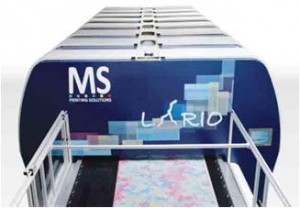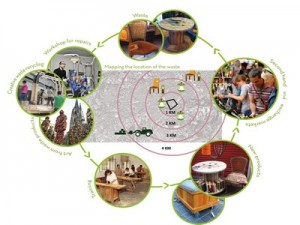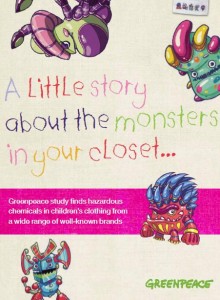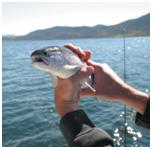Enzymes – an alternative for wet processing of denim
Denim wet processing using chemicals is one of the pollution causing processes in thetextile mills. Textile garment manufactures use numerousbers of acutely toxic chemicals of which many are classified as hazardous. Several denim brands have committed to eliminate the release of all hazardous chemicals throughout its entire supply chain and products. In response to the Greenpeace Detox campaign, a group of major apparel and footwear brands and retailers made a shared commitment to help lead the industry towards zero discharge of hazardous chemicals (ZDHC) by 2020.This report gives an overview of the use of enzymes compared to traditional applications in the garment process of denim fabrics.










